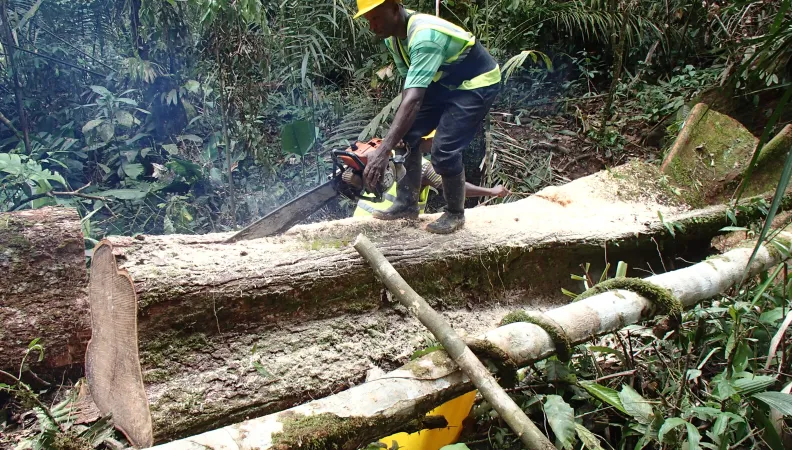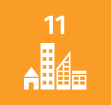Share the page
Developing a sustainable management method for Colombia’s Pacific region forests
Project


-
Project start date
-
Status
In progress
-
Estimated date of project termination
-
-
Project financing date
-
-
Financing duration
-
4 years
-
Type of program
-
FFEM
-
Global financing amount
-
5 132 418 €
-
FFEM financing amount
-
1 200 000 €
-
Project lead member institution(s)
-
French Ministry of Agriculture and Food
-
Country and region
-
Colombia
-
Location
-
Colombia, Pacific region
-
Type of financing
-
Grant
-
Partners
-
World Bank
-
Beneficiaries
-
Fondo para la Acción Ambientaly la Niñez
-
Type of beneficiary
-
Public local authority




Deforestation and illegal logging comprise two major environmental and socio-economic challenges for Colombia’s Pacific region. The FFEM is supporting Colombia in developing sustainable management for the region’s forests, and in improving both ecosystem preservation and the lives of the local inhabitants.
Context
The Colombian Pacific is regarded as a biodiversity hotspot. The region has over 5 million hectares of forests, but also has one of the highest deforestation rates in the country. 42% of Colombia’s wood is sold illegally. The peace process paves the way for formalising forestry exploitation and developing marginalised areas such as the Pacific - the poorest region in the country. Unemployment is very high, and due to the prolonged armed conflict there State services are thin on the ground.
In this context, timber is essential to survival, provided that its use is organised and legal. Via experience gained with pilot projects, Colombia’s Ministry of Sustainable Development with the support of the FFEM is implementing a community-based forestry planning process for the sustainable, profitable and legal exploitation of the forests.
Description
The project has three components:
- Boosting forest management tools and human resources (local populations, administrations, students in higher education) to facilitate multi-actor interconnection, give each the means to do their job, and ensure proper regional governance.
- Implementing pilot models for the sustainable management of the forest to reinforce the sector and create added value to benefit the population (forestry planning, marketing for the wood, agricultural projects, non-wood forestry products). Encouraging experience-sharing.
- Through scientific research, generating local information to permit decision-making and delivery for public policy in matters of sustainable forestry management.
Outcomes
- Reducing the illegal taking of timber within the river perimeter and increasing the m3/year of community timber logged and transported legally.
- Improving the living conditions of the local communities
- Raising the standard of professional skills, and understanding, of communities regarding sustainable forestry management processes.
- Strengthening the ability of local authorities to perform their forestry functions
- Managing at least 36,000 hectares of forest area using a forestry planning scheme
Innovative & exemplary character
This project, led by the Colombian Ministry of Environment and Sustainable Development is integral to the overall structure of the country’s REDD+ strategy, to reduce deforestation and forest degradation and contribute to the sustainable management of natural resources.
Relying on the participation of public and private actors as well as communities, it seeks to develop structures and governance principles to facilitate the re-building of trust and upstream profitability of the wood sector. It identifies those obstacles impeding the optimisation of the wood sector, to provide for long-term sustainable management of the forests and to make this economically viable. This project is unusual, in that it works upstream in the chain and incorporates an element of experimental research to develop better understanding of forestry dynamics.
Sustainable Development Goals
ODD1 No poverty

ODD10 Reduced inequalities

ODD11 Sustainable cities and communities

ODD13 Climate action



